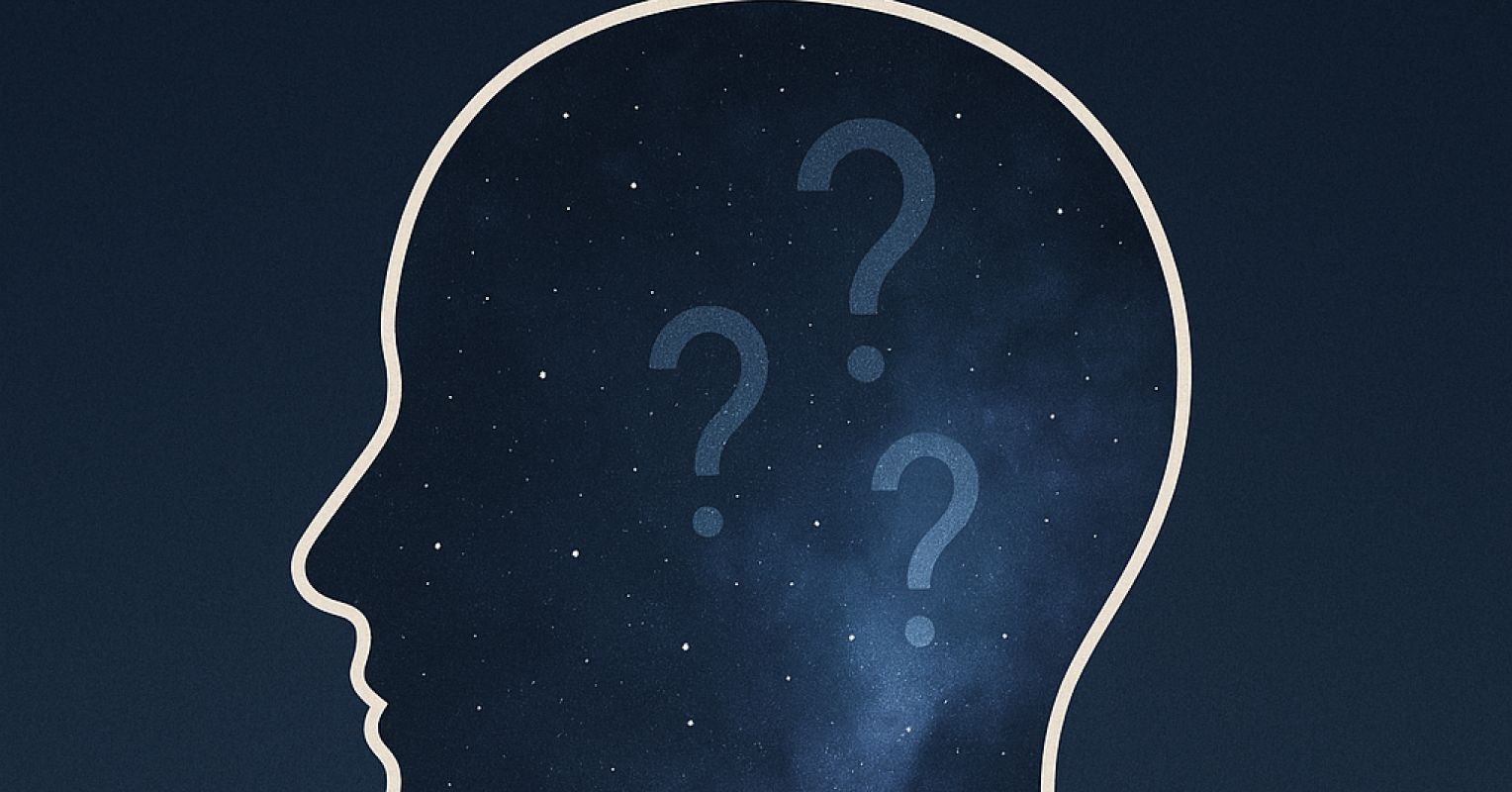
"Picture this: Life looks fine from the outside. Work is stable, relationships are intact, and nothing "obvious" is wrong. Yet inside, there's a relentless, private interrogation running on a loop: Why do we exist? Is any of this real? What happens after I die? No matter how much reassurance, reading, or distraction you seek, it never calms for long. Instead of a deep or philosophical feeling, it feels like living in a constant state of panic."
"Many patients secretly harbor a fear they find hard to admit: "I can't stop pondering why we exist, whether any of this is real, and what happens after death. What's going on with me?" Clinically, this usually isn't classified as psychosis or simply depression. For some people, it's a less familiar type of obsessive-compulsive disorder (OCD): existential OCD, also called philosophical OCD. Missing this information can result in years of suffering from a condition that is actually quite treatable."
Existential OCD is an unofficial subtype of obsessive-compulsive disorder marked by intrusive, anxiety-provoking obsessions about meaning, reality, death, and the self. Those obsessions trigger intense doubt and urgency rather than curiosity, leading to mental or behavioral compulsions aimed at reducing distress or gaining certainty. The diagnostic core remains obsessions (unwanted thoughts, images, sensations, urges) and compulsions (rituals). Existential themes can appear indistinguishable from philosophical questioning but produce panic and functional impairment. Failure to recognize the condition can prolong suffering, while proper identification allows for effective, evidence-based OCD treatments.
Read at Psychology Today
Unable to calculate read time
Collection
[
|
...
]